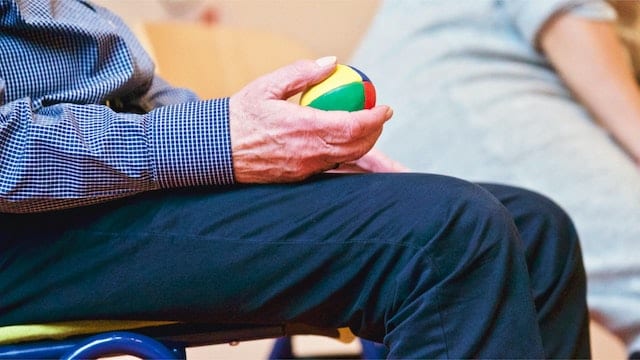Emerge is happy to start offering services to adults! One of the services we offer for adults is cognitive therapy. Read below and checkout our website to learn more the adult services now being offered at Emerge!
What is Cognitive Therapy and Rehabilitation?
Cognitive therapy and rehabilitation refers to a wide range of interventions to improve cognitive functioning. The areas addressed can include memory, attention, and executive functioning.
- Attention: Attention can be broken down into 4 main subtypes.
-
- Sustained attention: maintaining attention over a sustained period of time (e.g., reading)
- Selective attention: maintaining attention on a specific stimuli while there are distracting or competing stimuli (e.g., having a conversation in a restaurant)
- Alternating attention: alternating attention between two tasks (e.g., stopping a task to answer the phone and then returning to the task)
- Divided attention: attending to 2 or more tasks at the same time (e.g., driving and listening to the radio)
- Memory: the ability to recall information both in the short and long term.
- Executive Functioning: allows us to analyze, plan, execute the plan, and self-monitor during daily tasks.

Who May Benefit from Cognitive Therapy and Rehabilitation?
Adults with special needs may benefit from cognitive therapy to learn new skills. Adults with a brain injury, including traumatic brain injury, concussion, or stroke, may benefit from cognitive rehabilitation to provide strategies to return to their prior level of functioning.
If you receive cognitive therapy at Emerge, the therapy skills and activities you work on may include medication management, learning memory strategies (both internal and external strategies like using your phone’s calendar and alarms), mindfulness meditation to improve attention, managing finances, and practicing auditory attention tasks to increase recall of verbal information and conversations.
What Other Services Does Emerge Offer for Adults?
Cognitive therapy and rehabilitation can be offered by both occupational and speech therapists
Occupational therapists also offer treatment for:
- Sensory processing disorders
- Participation in activities of daily living


Speech therapists also offer treatment for:
- Voice disorders
- Aphasia (language loss usually after a brain injury or stroke)
- Dysarthria (slurred speech)
- Dysphagia (oral motor and swallowing disorders)
- Speech Generating Devices (another method of communication for people with developmental disorders or degenerative disorders including ataxia and ALS)
